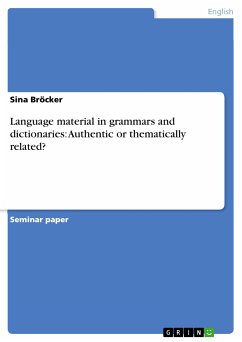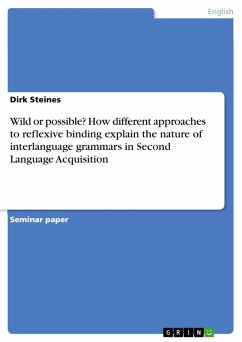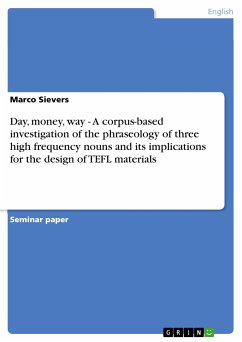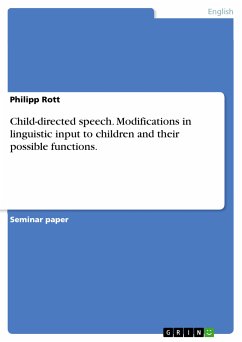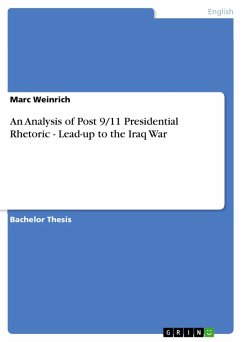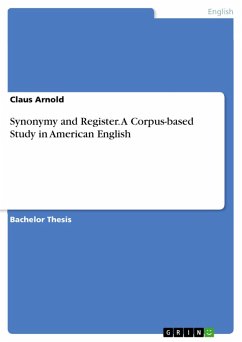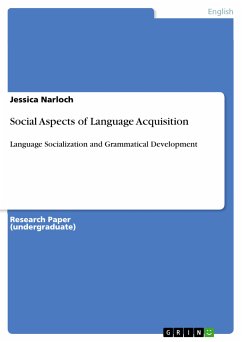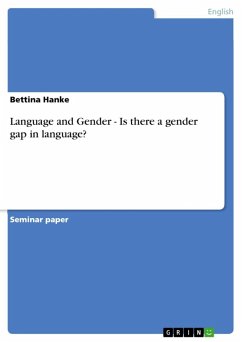The first dictionary was published in 1984. At that time the focus lay on lexicography especially on English as an international language. Nowadays nearly every three month new dictionaries appear. They are mainly published from publishing houses in Great Britain. This is due to the dominance which British lexicography won in the 1960s. When the first Longman Dictionary of Contemporary English appeared in 1978 British lexicography had finally won dominance to American lexicography. In 1987 the second edition of the Longman Dictionary of Contemporary English and the Collins COBUILD Dictionary of the English language appeared. These works were completely different to the ones before. According to Sidney I. Landau these works were "in many respects a daring departure from the customary practices of lexicography, and particularly of ESL lexicography" . They offered a new look at what the user needed. The aim of this paper is to take a closer look on these dictionaries to check whether they are working with authentic language material to explain words and how easy or difficult it is for a user to understand the explained issues. In grammars the different features of a language are considered systematically. Spoken and written language material is described. Nowadays the grammarians are working together with Universities or at least base their entries on large databases that include millions of texts taken out of various forms of writing and communication situations. This system is meant to help to provide the use of authentic language material that is familiar to the grammar user. In the analysed grammars invented examples are avoided with the aim to offer the user a better access to the explained issue. The aim of this paper is to analyse the used example solutions by keeping an eye on whether they are really authentic and easy to understand or not better than the invented ones that were often used in former times.
Dieser Download kann aus rechtlichen Gründen nur mit Rechnungsadresse in A, B, BG, CY, CZ, D, DK, EW, E, FIN, F, GR, HR, H, IRL, I, LT, L, LR, M, NL, PL, P, R, S, SLO, SK ausgeliefert werden.
Hinweis: Dieser Artikel kann nur an eine deutsche Lieferadresse ausgeliefert werden.

